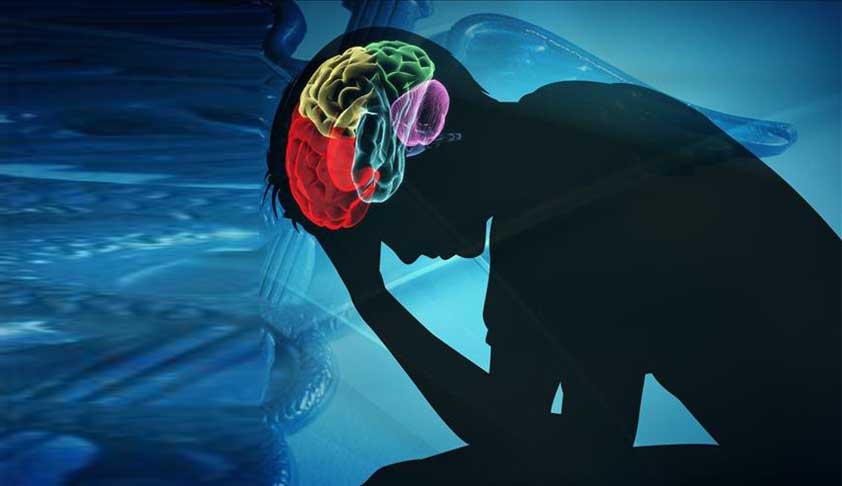Policy Statement To Improve Mental Health Services At Central, State Level Filed, Centre Tells SC
Mehal Jain
14 April 2018 10:17 AM IST

Next Story
14 April 2018 10:17 AM IST
The Supreme Court bench of Justice SA Bobde and Justice L Nageswara Rao, in the course of the hearing of a Criminal Miscellaneous Petition of the NHRC in the 1981 PIL filed by Professor Upendra Baxi in respect of mental health care services in India, was informed by the Central government that the policy statement as to the future roadmap and the steps that need to be taken at the State and...
